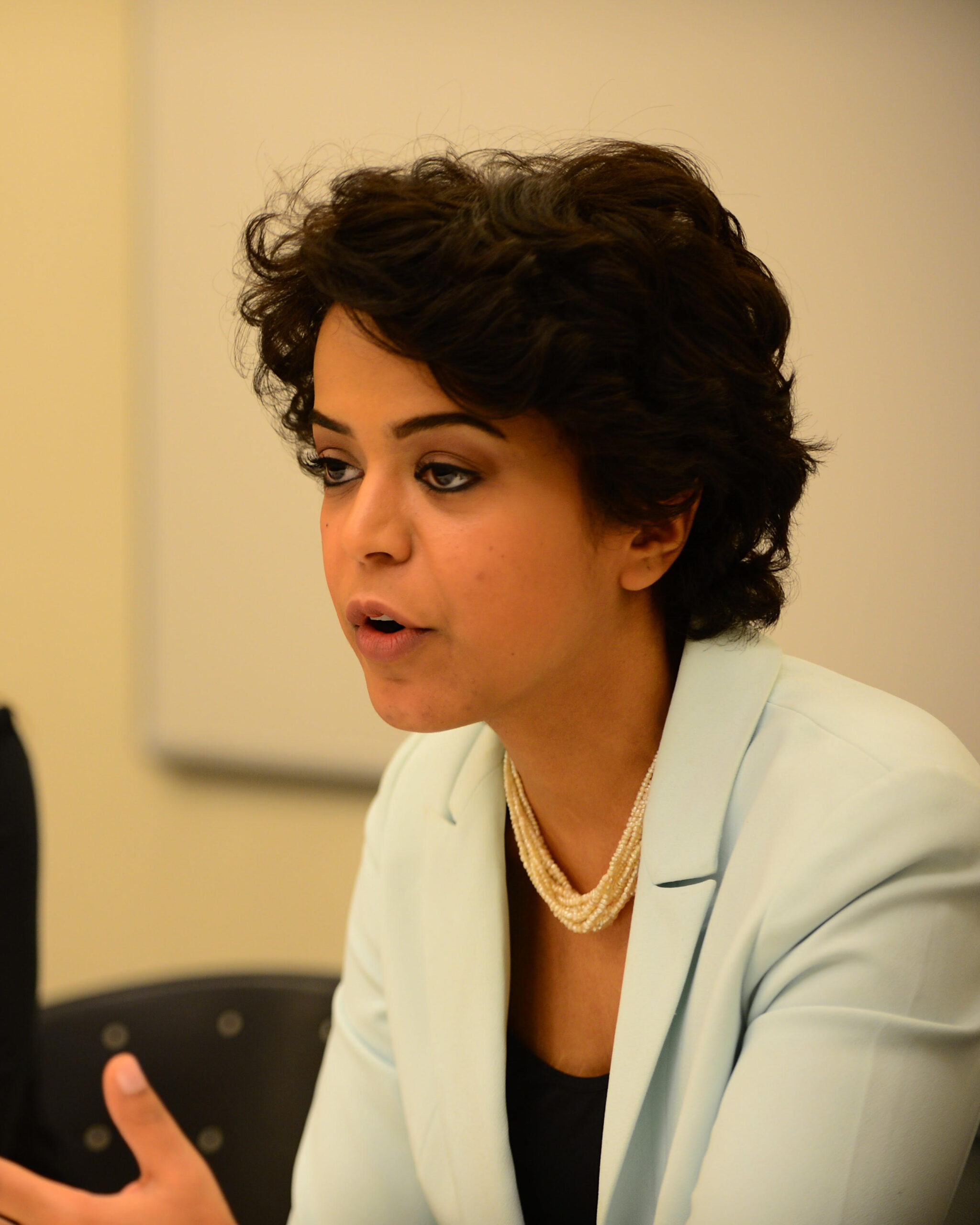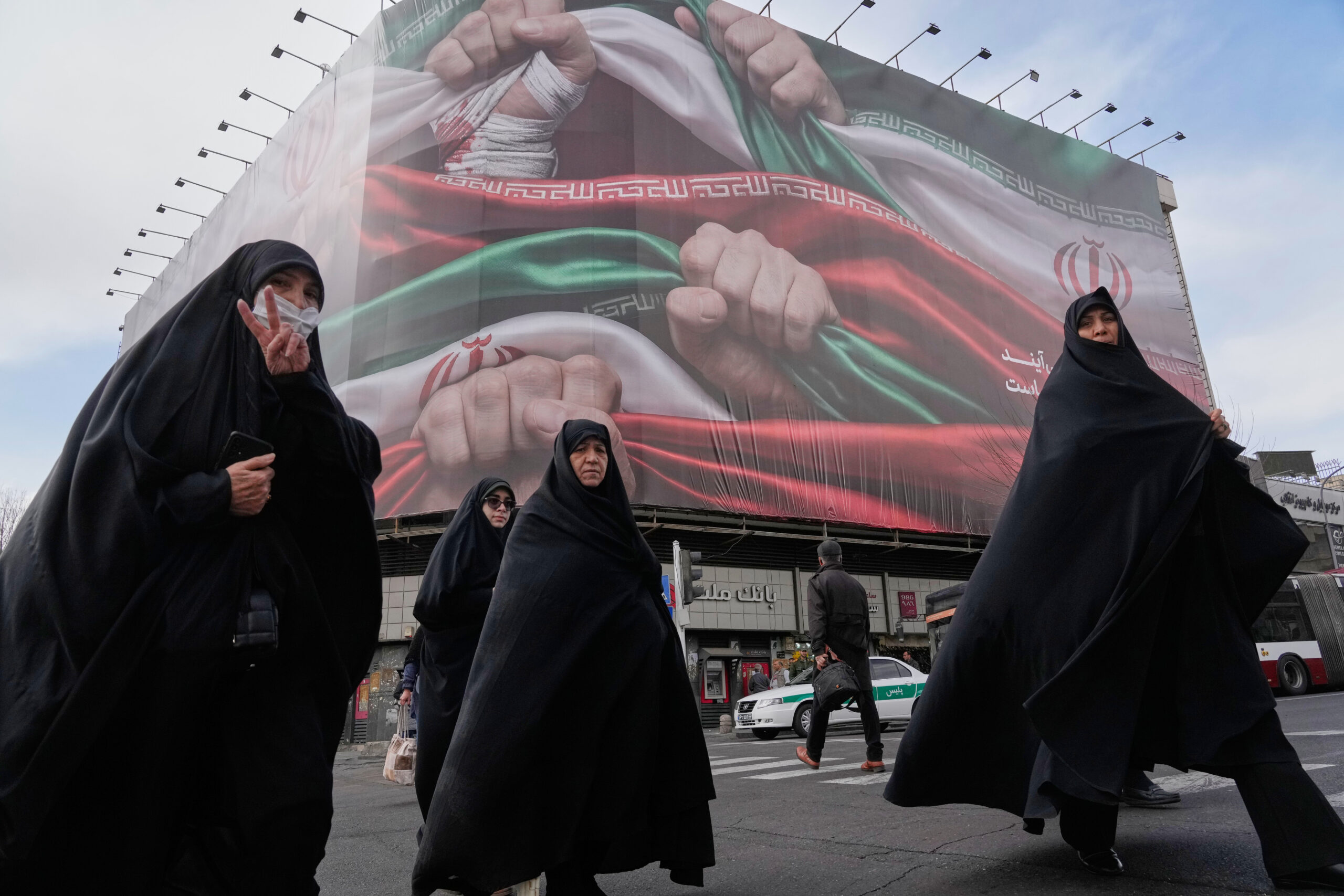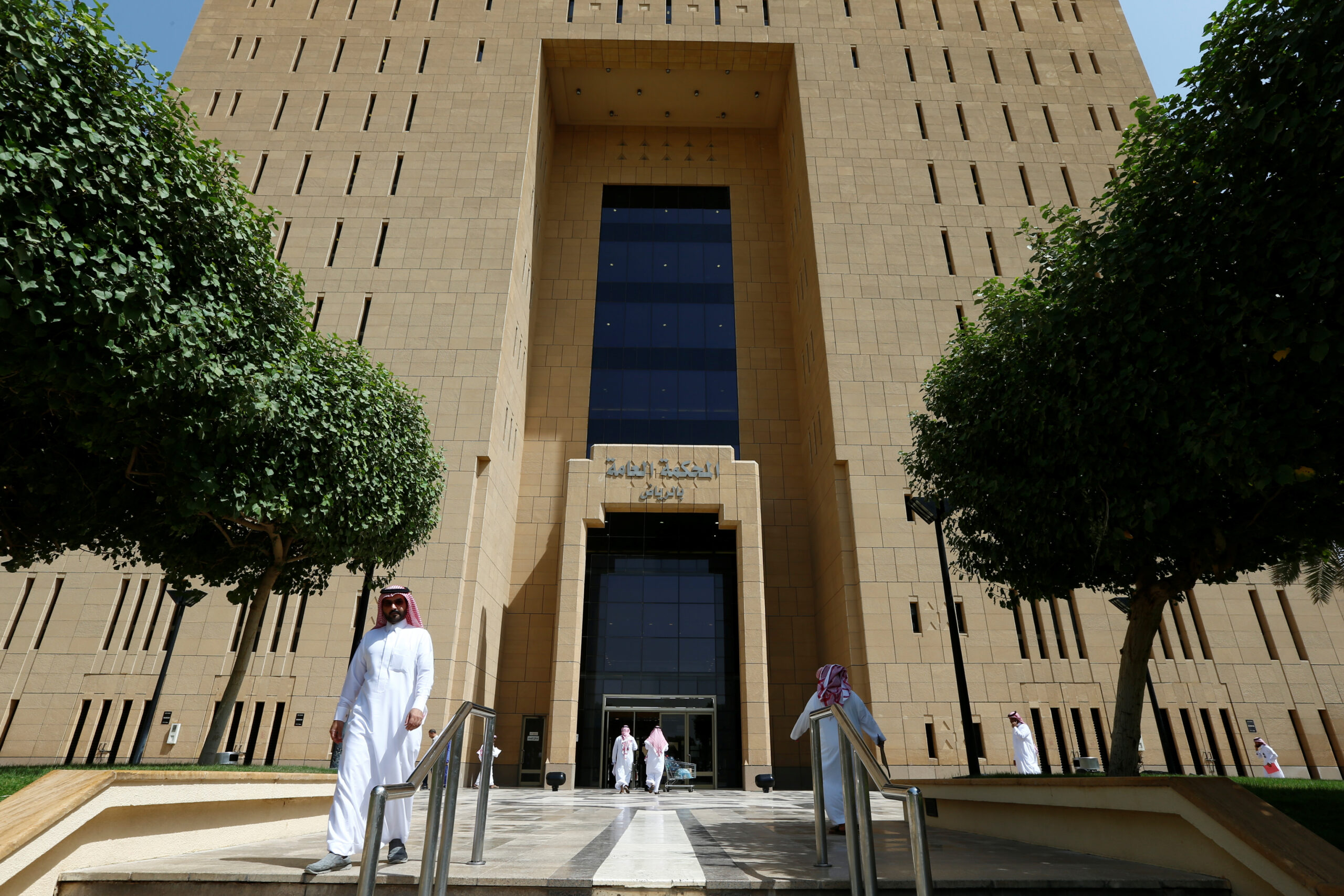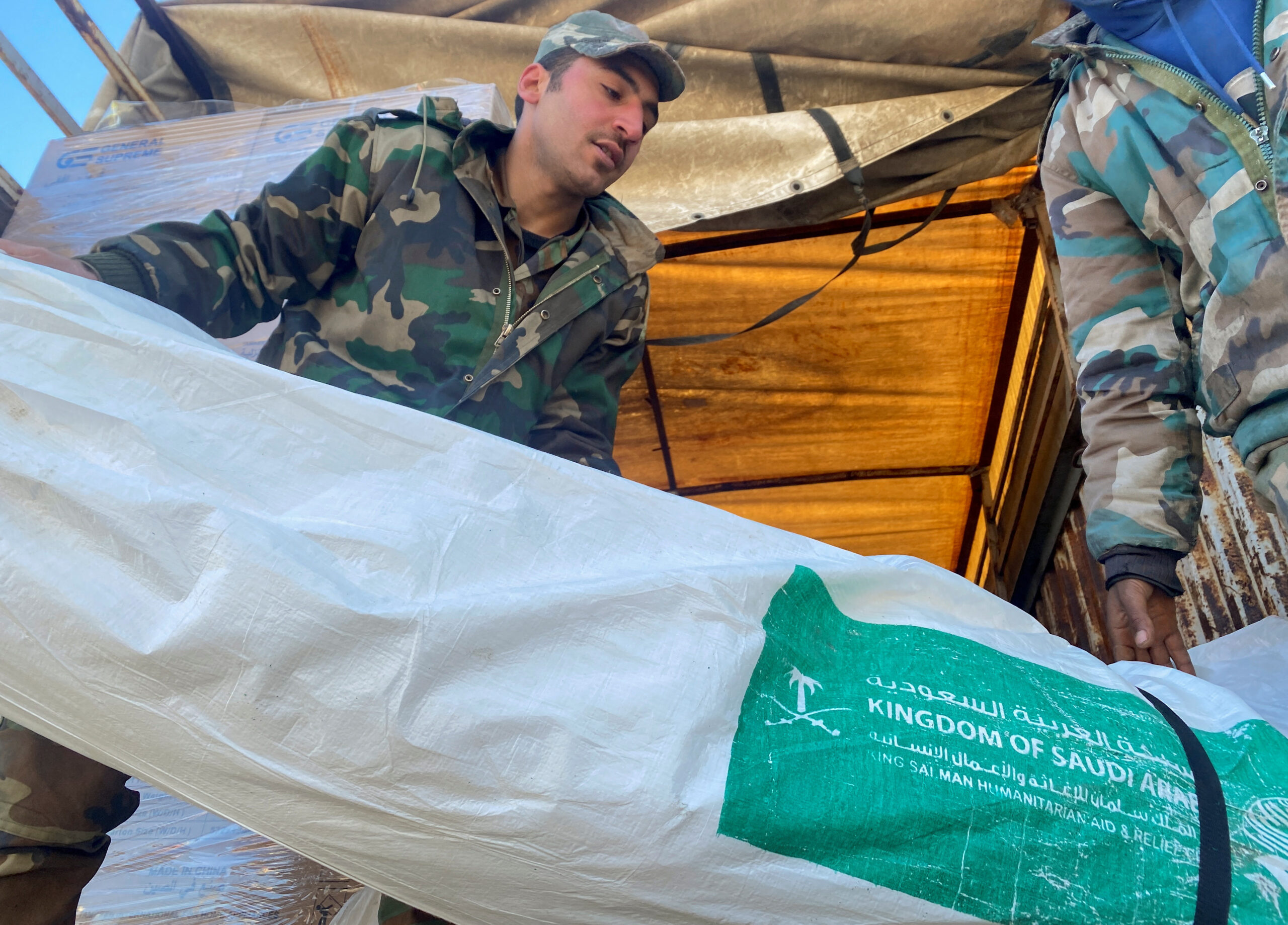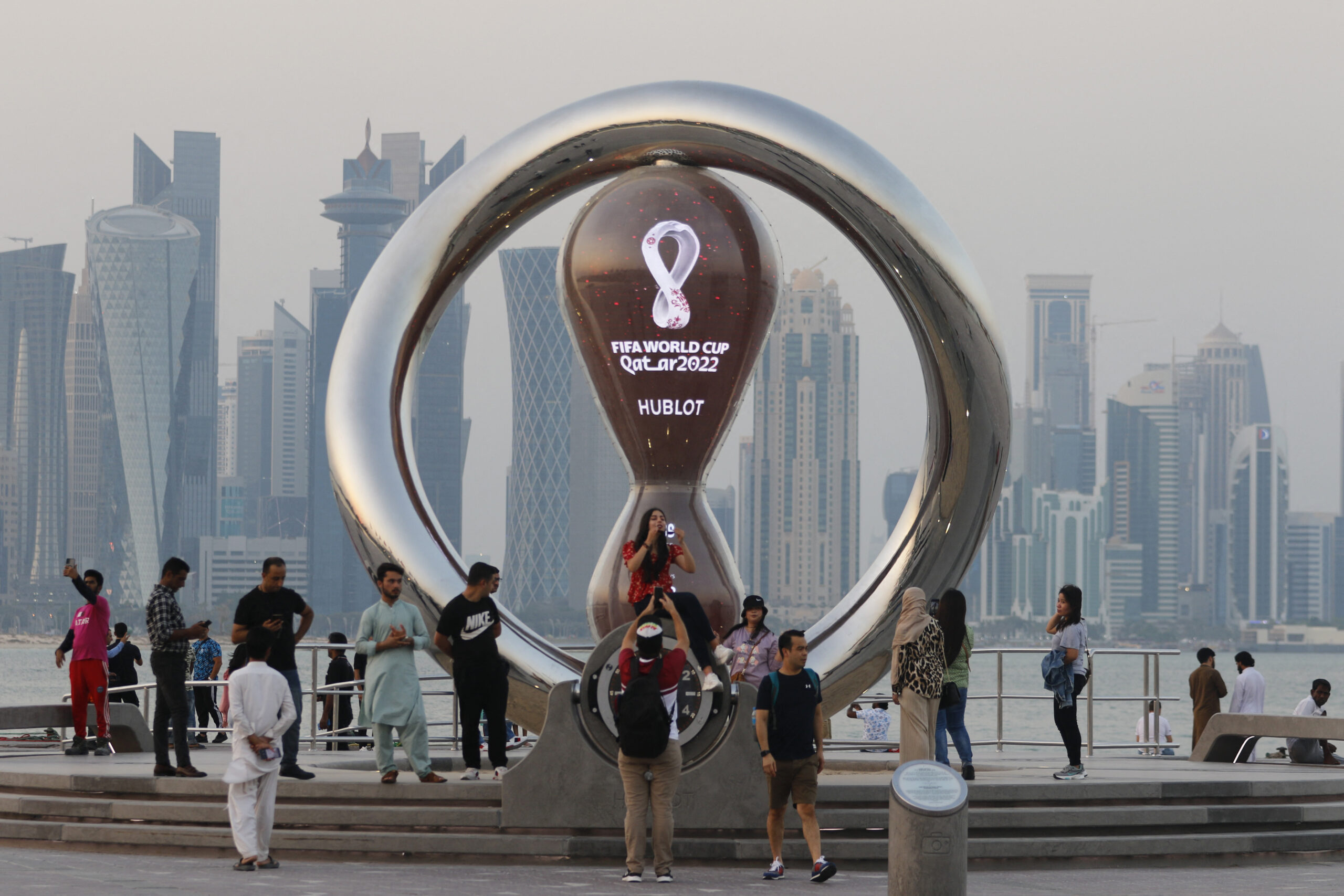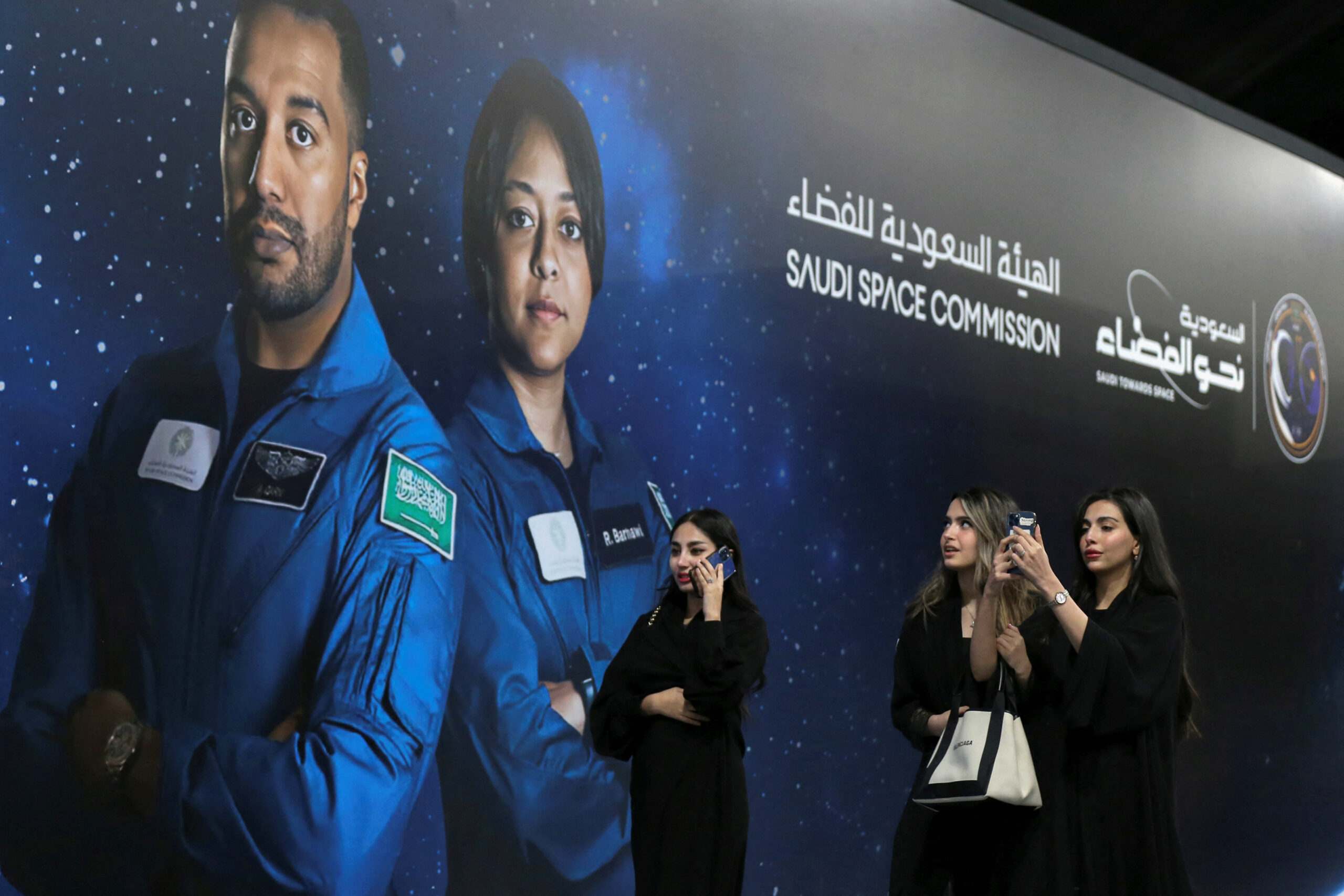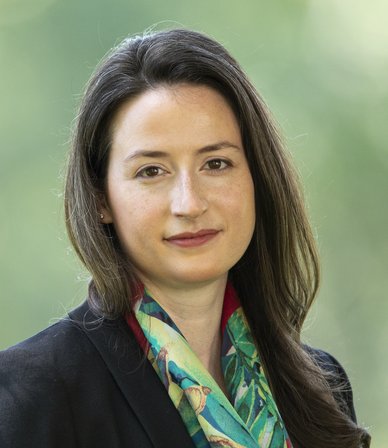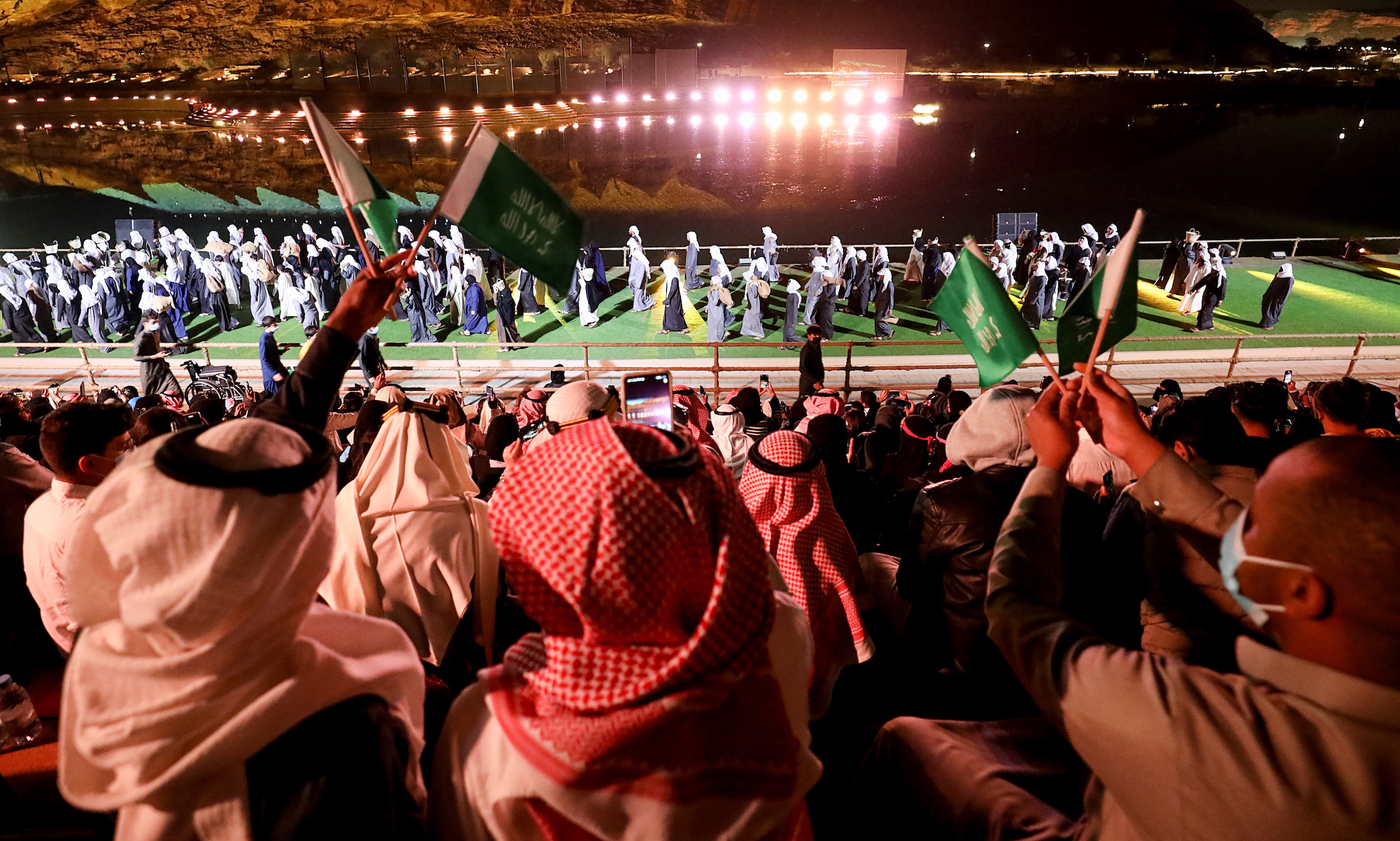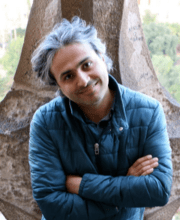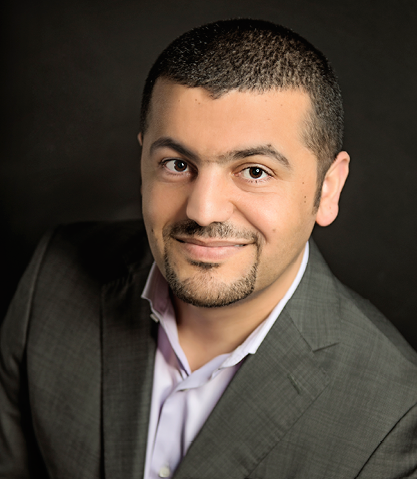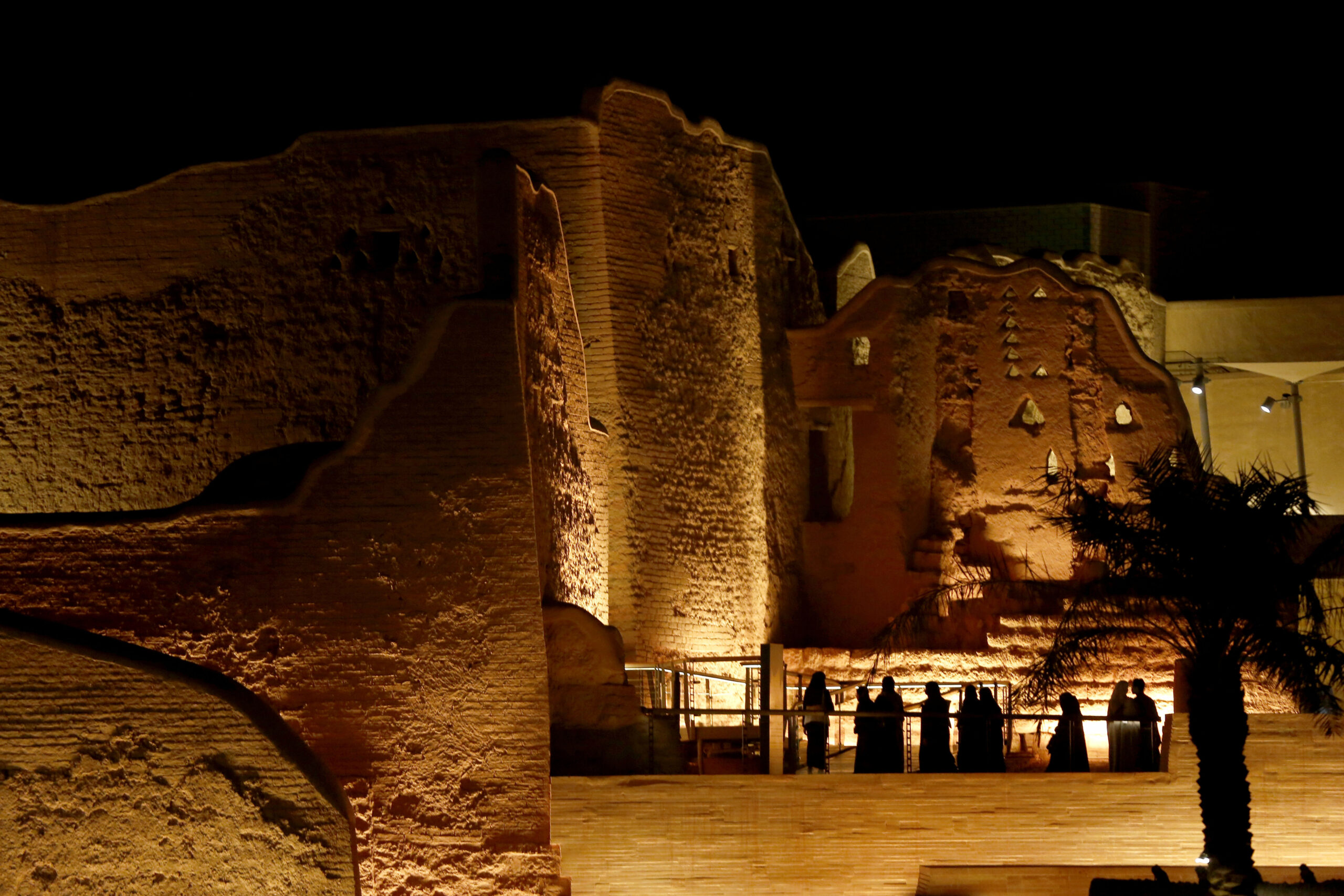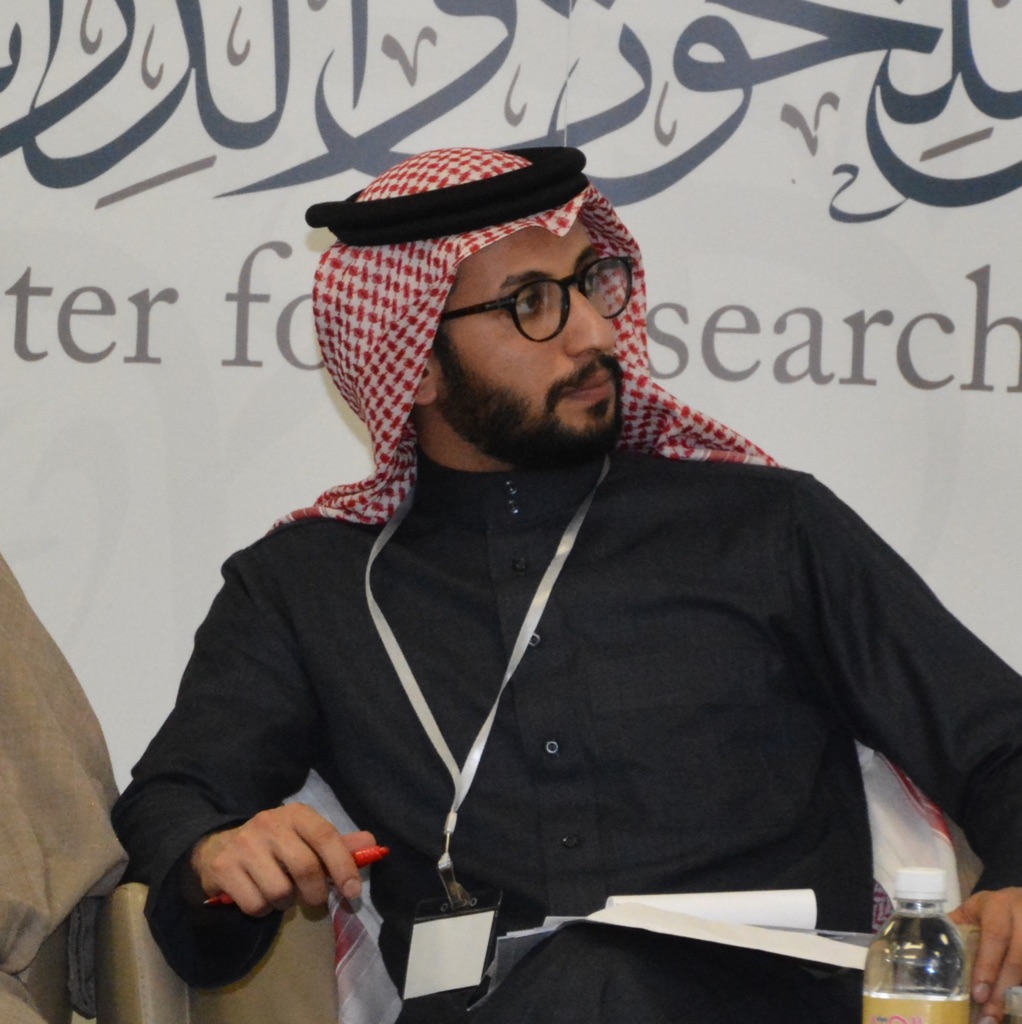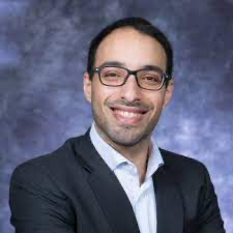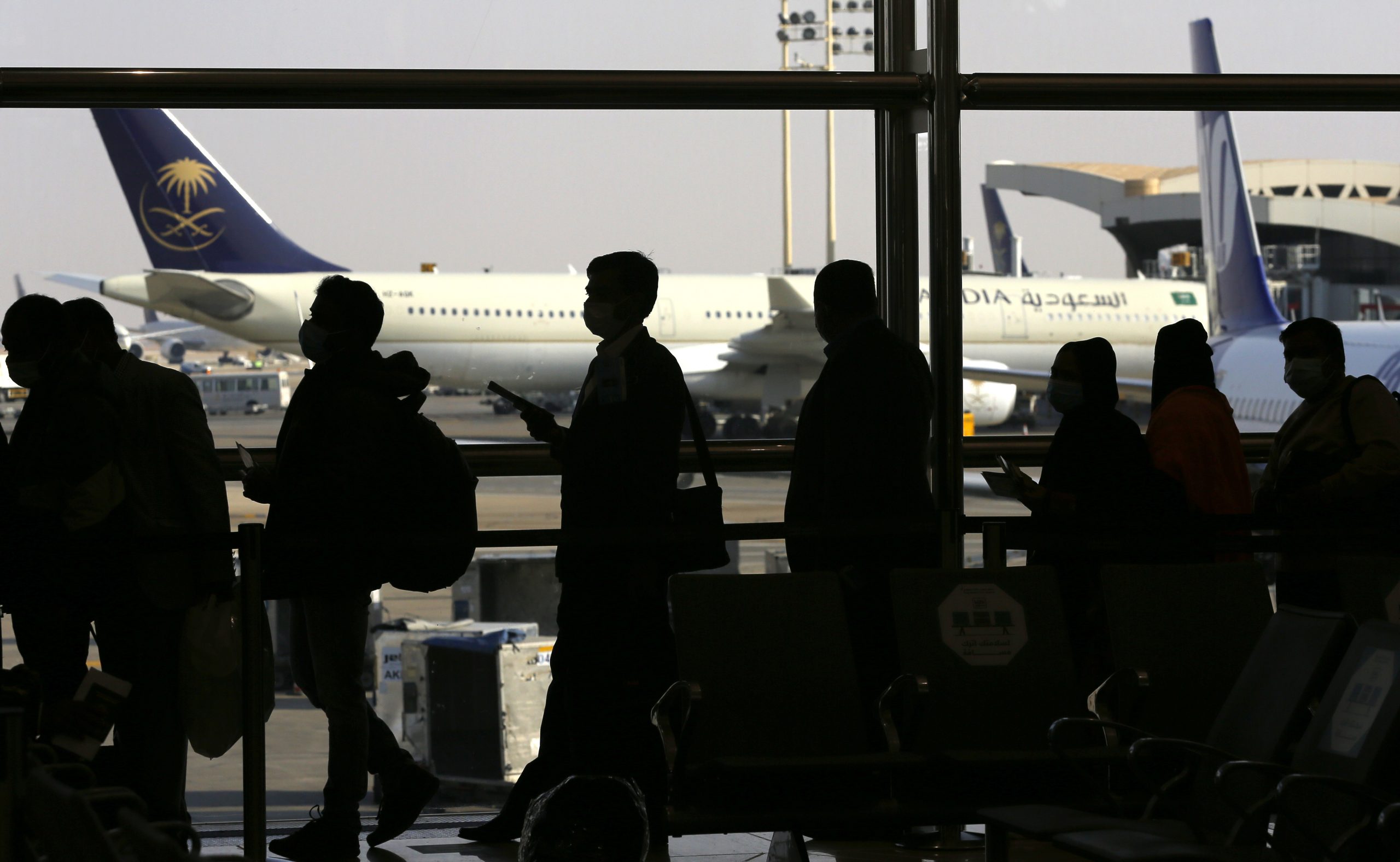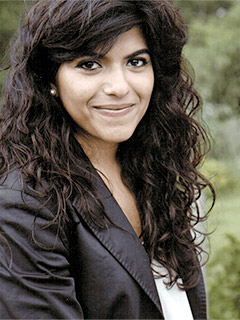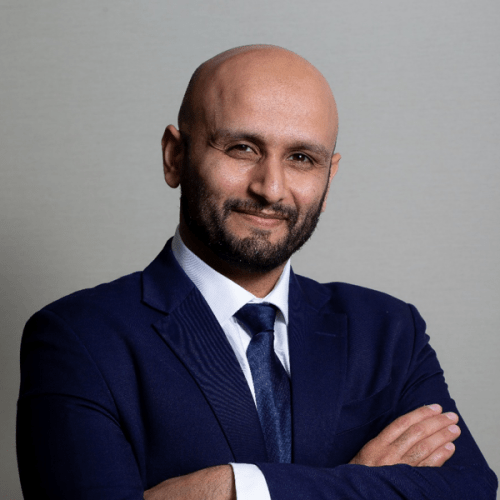New Saudi Textbooks Put Nation First
Recent changes to Saudi Arabia’s school curriculum emphasize loyalty to the state and national identity, incorporating pre-Islamic history into the Saudi national narrative.
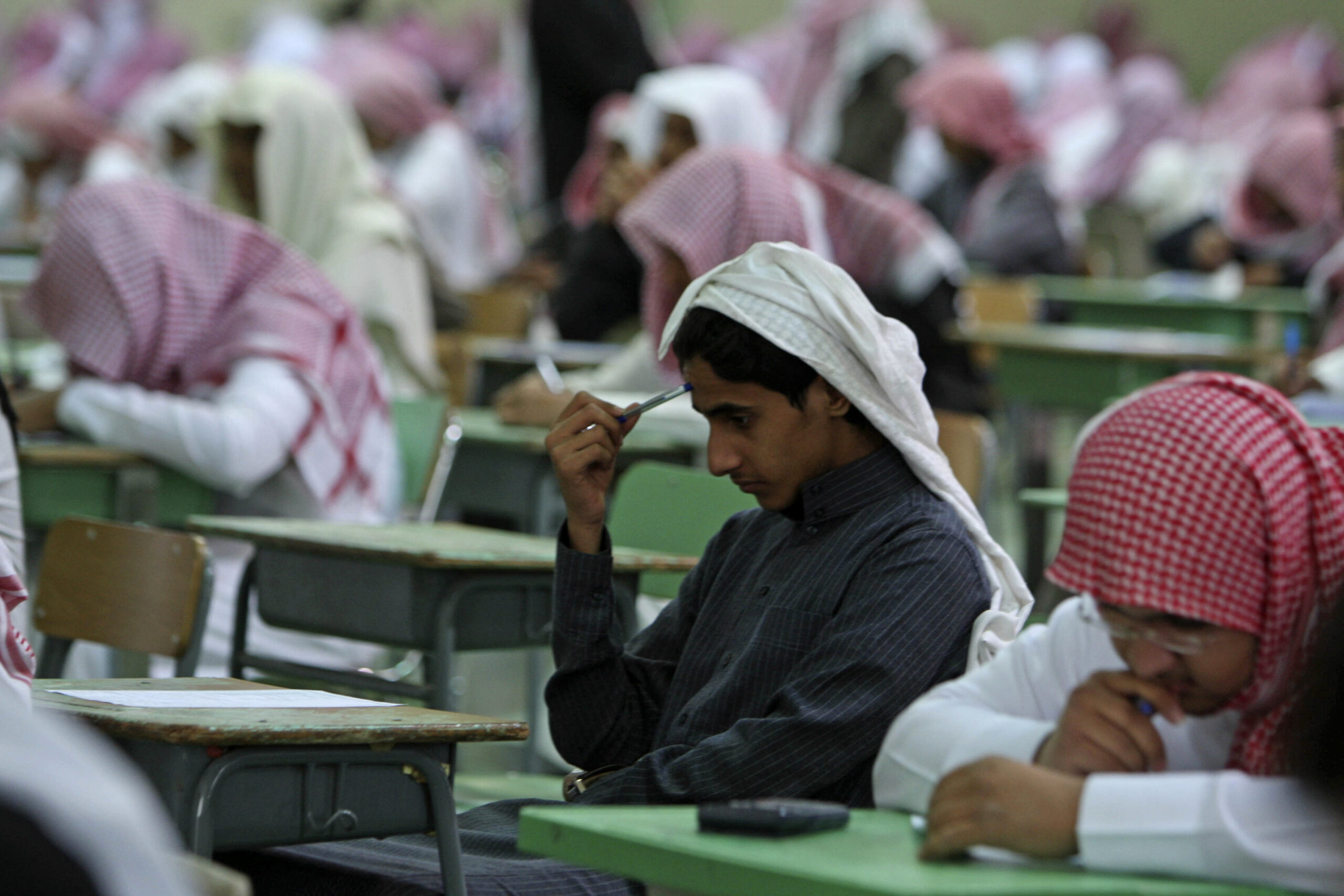
Saudi Arabia recently introduced changes to the kingdom’s school curriculum, affecting students at almost all levels. The new textbooks emphasize abiding by the leadership through expressing pride in the nation and following regulations and laws. Saudi Arabia’s history is presented as extending to pre-Islamic Arabia, contrary to the religious stance that often sheds negative light on pre-Islamic civilizations. The new textbooks are meant to put an end to pan-Arabism and pan-Islamism, which had been a constant worry to the leadership. Emphasizing national identity and loyalty to the state while depicting Saudi Arabia as the birthplace of the caliphates is a way to redirect loyalty toward the state. The two textbooks most affected by the recent changes were “History” and “Social Studies and Citizenship” as they contain some of the emerging themes that the new Saudi leadership is emphasizing.
As one central theme, the new curriculum highlights the characteristics of a good Saudi citizen and his or her responsibility toward the state. In the “Social Studies and Citizenship” textbook, citizenship is described as “belonging to a state and upholding its values and principles, enjoying rights and responsibilities and being loyal to the leadership and nation to promote security and prosperity.” The responsibilities of a good citizen are introduced as early as the fourth grade, requiring students to differentiate between primary and secondary sources to prevent the circulation of fake or inaccurate news. In doing so, students subscribe to amanah (trust/honesty), which is described as the opposite of khiyanah (treason). A good citizen is “a person of good behavior who follows moderate Islamic teachings, has a strong sense of belonging, works hard, and plays an active role in promoting the country’s objectives and prosperity.”
Following Islamic teachings is not only considered part of being a good Saudi citizen, but is also used to emphasize Saudi Arabia’s importance in the region and the wider Muslim world. This perhaps explains why religious textbooks were not affected by the changes introduced to school curriculum. The religious identity remains intact, and so does the image of Saudi Arabia as “the birthplace of Islam” and the “center of the world,” which is noted in the first few pages of the new textbooks. Religion is not only part of the Saudi identity but is used to conjure up comparisons with lessons from the past. For example, a chapter on khawarij (a group that revolted against the Caliph Ali) compares the movement to what it describes as “modern-day khawarij” who are also promoting unrest and chaos by not adhering to the ruler.
The history of Saudi Arabia and the royal family is intertwined to present to students a complex yet compelling idea of their country. The new textbooks emphasize a continuity with the past by glorifying Islamic as well as pre-Islamic civilizations that inhabited the Arabian Peninsula, contrary to previous textbooks that did not cast a positive light on the pre-Islamic era. For example, the pre-Islamic Nabataean civilization in northwestern Saudi Arabia is linked to al-Ula, one of the most important tourist attractions in Saudi Arabia and an essential part of the country’s Vision 2030 plan. The celebration of these sites in school textbooks is unprecedented and demonstrates the state’s interest in incorporating pre-Islamic history into the Saudi national narrative. Moreover, to underline this continuity, the history of Saudi Arabia and the role of the royal family is portrayed as going back 200 years before the birth of Islam. This is further demonstrated in an illustration in the “Social Studies and Citizenship” textbook suggesting that the Umayyad and the Abbasid dynasties originated in Saudi Arabia. Furthermore, the three Saudi states are extensively explained, especially regarding battles and confrontations with the Ottomans, who are explicitly criticized.
The “History” textbook describes the legacy of previous kings and King Salman bin Abdulaziz is depicted as the one who allowed women to gain more rights and access full citizenship. The new depiction of Saudi Arabia’s history is an important way to recalibrate Saudi identity. A photo of King Salman dancing the traditional Ardah is meant to emphasize the centrality of Najdi identity. What is more, the phrase “Nakhwat al-Uja” (a Najdi expression that celebrates Ad Diriya, the ancestral home of the Al Saud family) is described as a nationalist slogan, which redefines Saudi identity around Najdi customs and traditions. This not surprising, given the increasing emphasis on Najdi identity in the country’s emerging national narrative over the past few years.
The high school curriculum also explains in detail the fight against terrorism and the country’s regional responsibilities. This is apparent in the extensive analysis of the kingdom’s efforts in establishing the Islamic Military Counter Terrorism Coalition and the Global Center for Combating Extremist Ideology (Etidal). The textbooks stress Saudi Arabia’s stance on the Palestinian issue, depicting King Abdulaziz and his sons as strong supporters of the Palestinian cause. King Salman’s efforts are mentioned in relation to the Arab League’s “Jerusalem Summit” in Dhahran in 2018, which emphasized the “centrality of the Palestinian cause to the Arab world.” The textbooks also emphasize Saudi Arabia’s generous financial aid to organizations such as the Jerusalem Islamic Waqf and the United Nations Relief and Works Agency for Palestinian Refugees. The curriculum argues that efforts by Saudi Arabia have always been targeted by “Arab and Zionist enemies” and that the kingdom has always stood by the Palestinian people.
The changes to school curriculum are timely, given that the education system has been under increasing scrutiny inside and outside the country. Domestically, criticism of textbooks usually points at the outdated religious content that contradicts the new Saudi lifestyle and the country’s transformation project, Vision 2030. Moreover, the government’s growing concern over Muslim Brotherhood influence in the education system gave the state more incentive to introduce amendments and update textbooks according to its new vision of the country. As a result, the new textbooks highlight Saudi Arabia’s current political stance by emphasizing its hegemonic role and explicitly criticizing its foes, which serve as the state’s attempt to counter transnational movements – political and religious. However, not including religious textbooks in the recent changes means that current social reforms will continue to generate inconsistencies for a young population caught between outdated religious teachings and a more relaxed social atmosphere.
The views represented herein are the author's or speaker's own and do not necessarily reflect the views of AGSI, its staff, or its board of directors.
